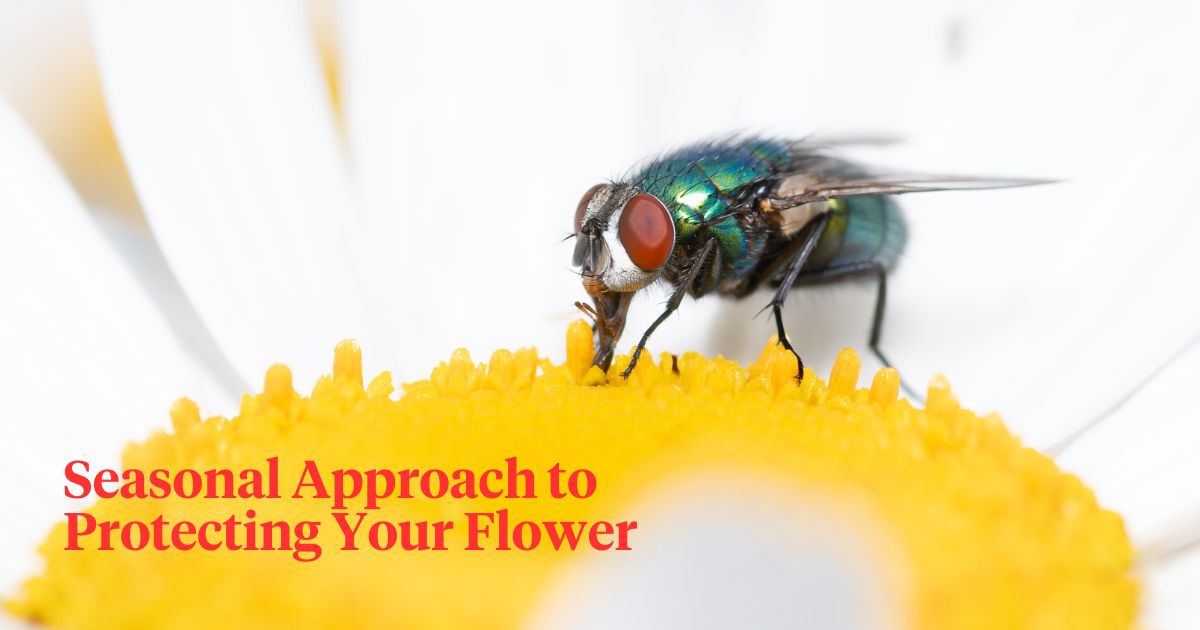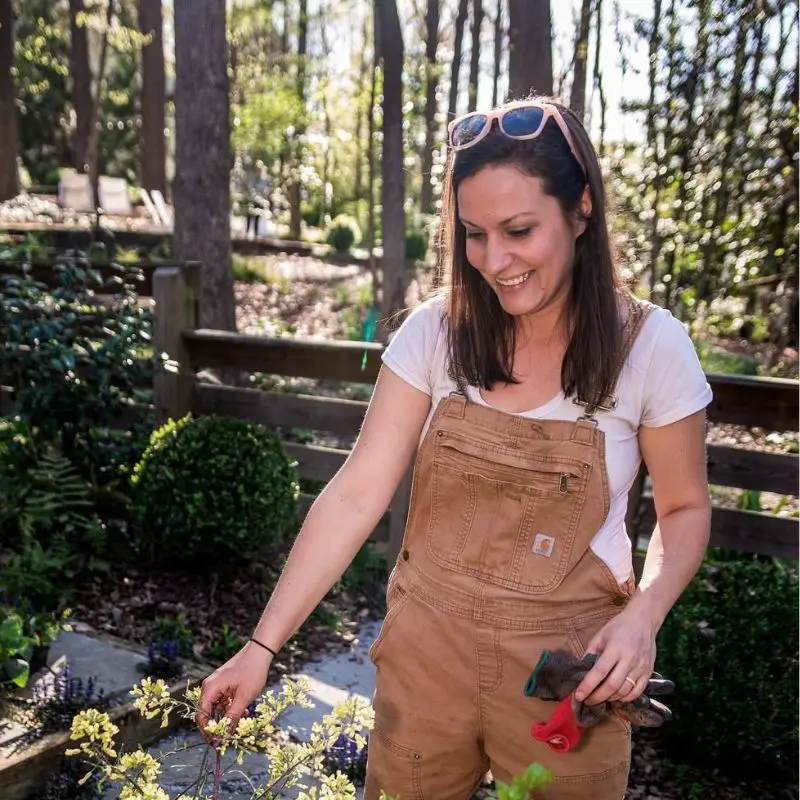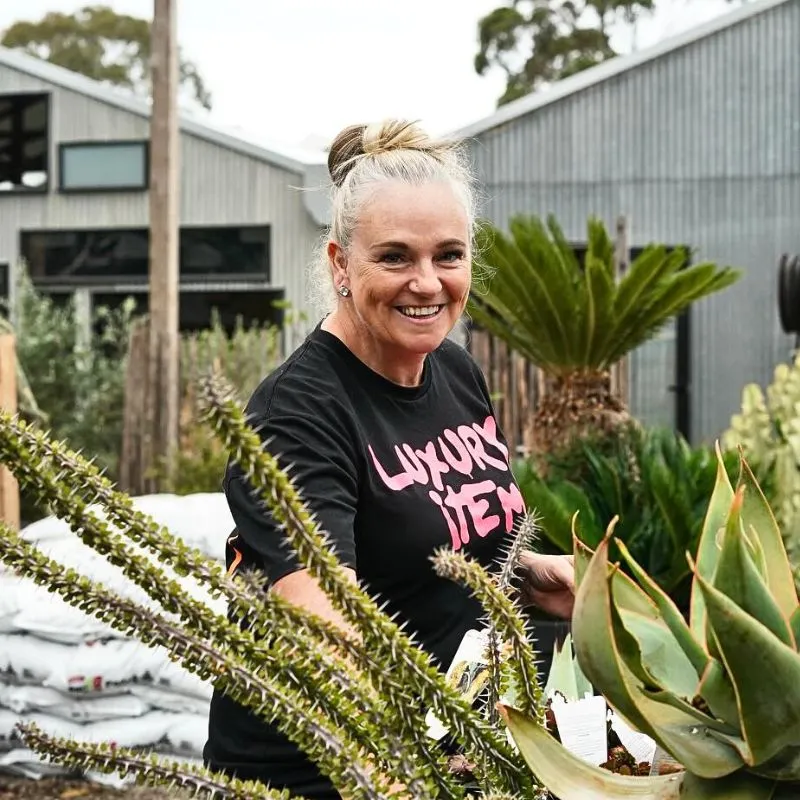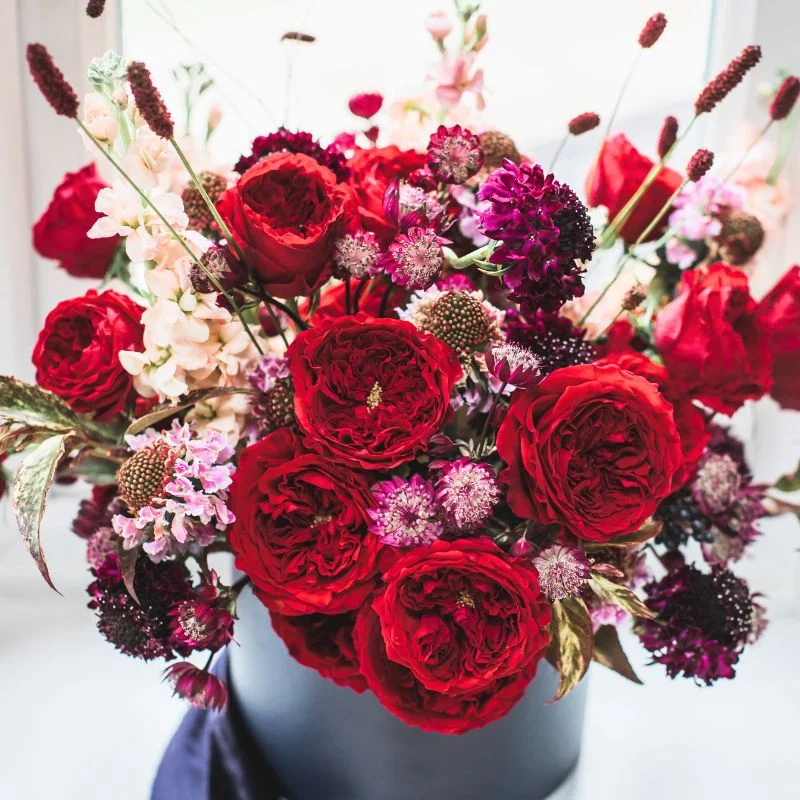Gardening nurtures a vibrant and fragrant sanctuary right at one's doorstep. However, the recurring challenge of pest invasions threatens to undermine this oasis. This guide aims to help you reclaim the joy of gardening by presenting a seasonal approach to protecting your flower garden from pests, leveraging knowledge and appropriate tools, and fostering beneficial ecosystems.
Before you seek professional services from Conquer Critters and other providers, make sure to read below:

Recognize The Invaders
Knowing your enemy is half the battle. Different seasons bring various pests, with some more prevalent at certain times of the year.
During the spring, your garden might witness the emergence of aphids and slugs that have a penchant for tender new growth. Introducing natural predators, such as ladybugs that prey on aphids, can be a biological control strategy.
As you approach the summer, prepare to encounter spider mites and thrips. These pests are not fans of high humidity levels, so watering your garden frequently in the mornings can be a deterrent.
When the cool breeze of fall begins, be on the alert for whiteflies and caterpillars. These pests can be controlled organically using neem oil, safeguarding your garden as it transitions into a quieter season.
In the winter, the challenges might escalate to larger pests such as rodents and deer. Installing fences and utilizing rodent repellents can help protect your garden, ensuring it remains a sanctuary even in the cold months.
Timely recognition of these invaders aids in selecting the most effective control methods, saving both time and resources.
Equip With The Right Tools
Armed with knowledge about potential pests, your next step is to assemble the right set of tools to counter these threats. This concept applies just as much in gardening, where the adversary is seasonal pests. Below are some of the options that can safeguard your garden:
- Organic Pesticides
One of the eco-friendly practices is to opt for organic pesticides, which are less harmful to both plants and beneficial garden insects. These products can be the cornerstone of your pest management strategy, safeguarding the garden's delicate ecosystem while targeting unwanted visitors.
- Barriers And Traps
Set up physical barriers and traps to prevent pests from accessing your plants. For instance, encircling the base of plants with copper bands effectively deters slugs. Additionally, sticky traps can indicate the area's pest activity level.
Combining these tools creates a strong defensive line for your flower garden. If you're unsure about your options, it's always wise to seek professional assistance to achieve the results you desire.
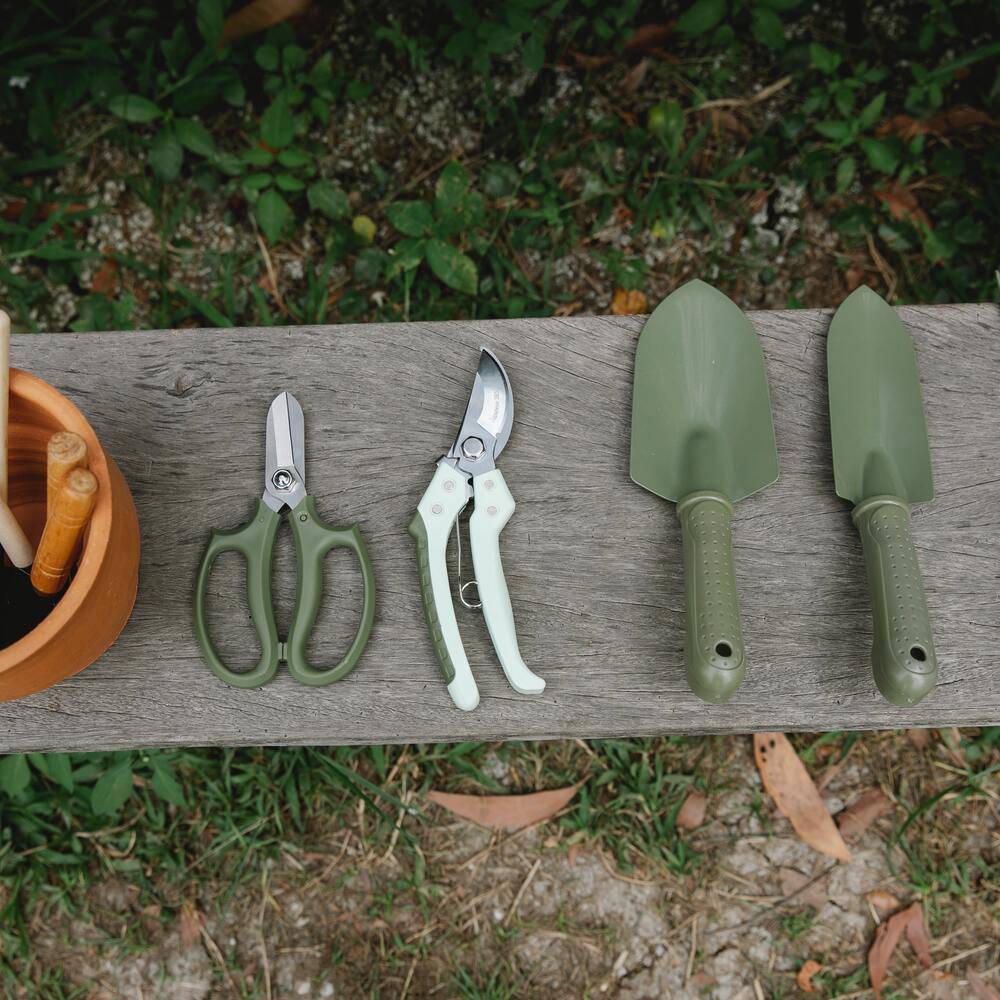
Implement A Regular Monitoring Routine
Maintaining a vigilant eye on your garden is critical in foreseeing and forestalling pest infestations. A regular monitoring routine ensures that small problems don't escalate into unmanageable situations, saving both time and lush blooms in the long run. Here's what you can do:
- Weekly Checks
Make it a practice to inspect your garden weekly. Check the undersides of leaves for any signs of pests and remove affected foliage promptly to halt the spread of infestation. Additionally, look for early signs of disease, as weakened plants are more susceptible to pest attacks.
- Keeping A Journal
Maintain a gardening journal to track the occurrences of pest infestations, which will facilitate proactive measures in future seasons. This journal can be a simple notebook where you jot down your observations or a more detailed log with photographs documenting the changes and challenges.
An established monitoring routine forms the first line of defense against seasonal pests, promoting a thriving, healthy garden.
Foster A Healthy Soil Environment
Healthy soil doesn't just nurture plants; it plays a crucial role in keeping pests away, fostering a more robust garden. Ensuring the vitality of the soil in your garden is, therefore, a vital strategy in pest management.
- Organic Matter
Enriching the soil with organic matter does more than nourish plants; it enhances the soil's ability to retain water efficiently and fosters the growth of beneficial microorganisms that help keep pests at bay. This step is vital in establishing a garden that can stand against seasonal pest challenges robustly and effectively.
- Proper Irrigation
Implementing a well-planned irrigation strategy ensures that the soil is neither too dry nor too waterlogged, which can encourage the growth of harmful pests. Maintaining the right moisture levels helps prevent the breeding grounds for many garden pests, keeping the plant roots healthy and less prone to pest attacks.
Prioritize creating a resilient soil environment, laying a healthy foundation for your flowers to thrive season after season.
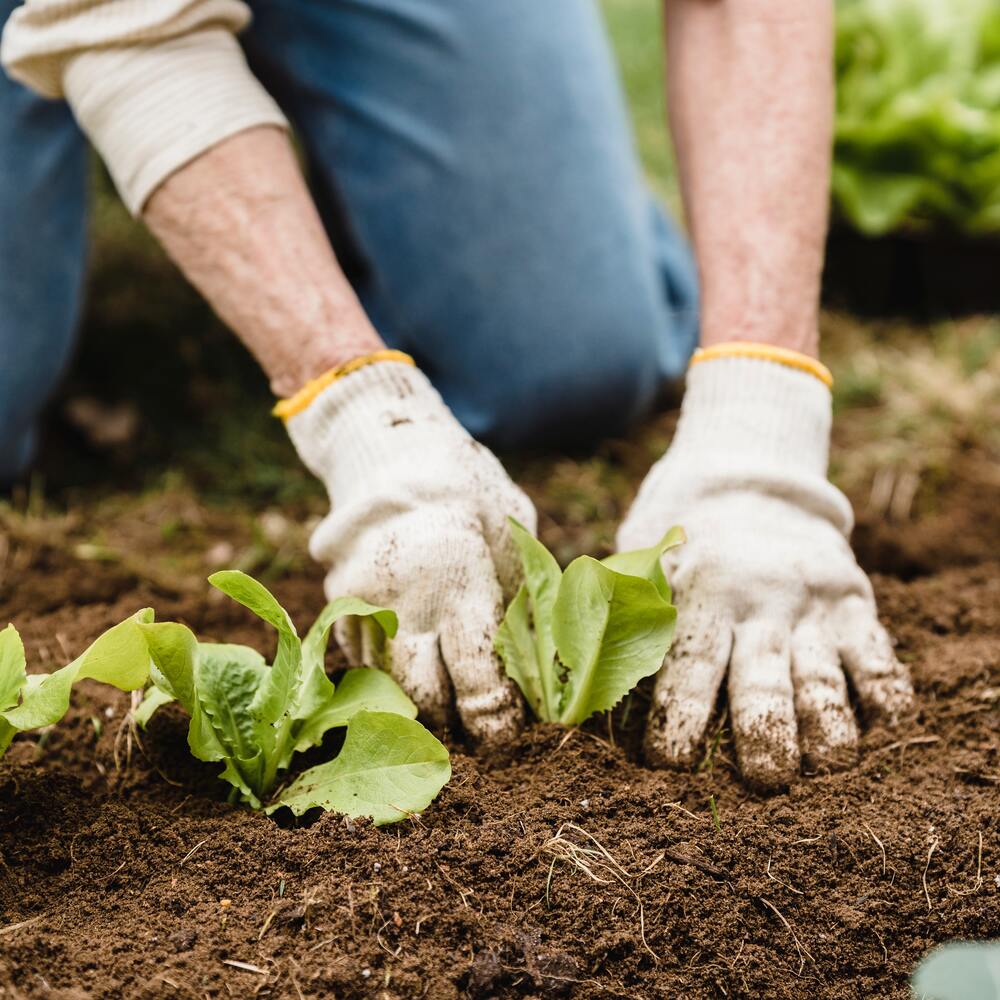
Create A Habitat For Beneficial Insects
To build a robust defense for your garden, cultivate habitats conducive to beneficial insects. Diverse floral selections can be your allies in pest control, turning your garden into a fortress against pests while encouraging harmonious growth:
- Flower Varieties
Plant a diverse range of flowers to attract beneficial insects and foster a healthy garden ecosystem. Including marigolds can help deter nematodes, while lavender repels moths and flies.
Various blooms can also encourage a continuous presence of helpful insects throughout the growing season. This approach not only aids in pest control but also contributes to a visually pleasing and fragrant garden.
- Provide Shelter
Offer places for beneficial insects to hide and lay their eggs, utilizing elements such as loose bark or hollow stems or setting up insect hotels. Consider including a small dish with pebbles and water to serve as a drinking station. This invites a permanent population of beneficial insects. Moreover, it offers them a nurturing habitat, promoting a self-sustaining ecosystem that naturally combats pests and encourages plant growth.
Encouraging a variety of helpful insects to reside in your garden fosters a self-sustaining ecosystem that naturally mitigates pests and promotes growth.
Conclusion
Protecting a flower garden from seasonal pests is a considerable undertaking. However, with knowledge about potential invaders and the right tools, it becomes a manageable task. Fostering a healthy soil environment and encouraging the presence of beneficial insects further ensures the garden's vitality.
Consistent monitoring remains the cornerstone of maintaining a vibrant, pest-free garden, prepared to flourish season after season. It's now your opportunity to build a robust defense and cultivate a stunning and healthy garden.

